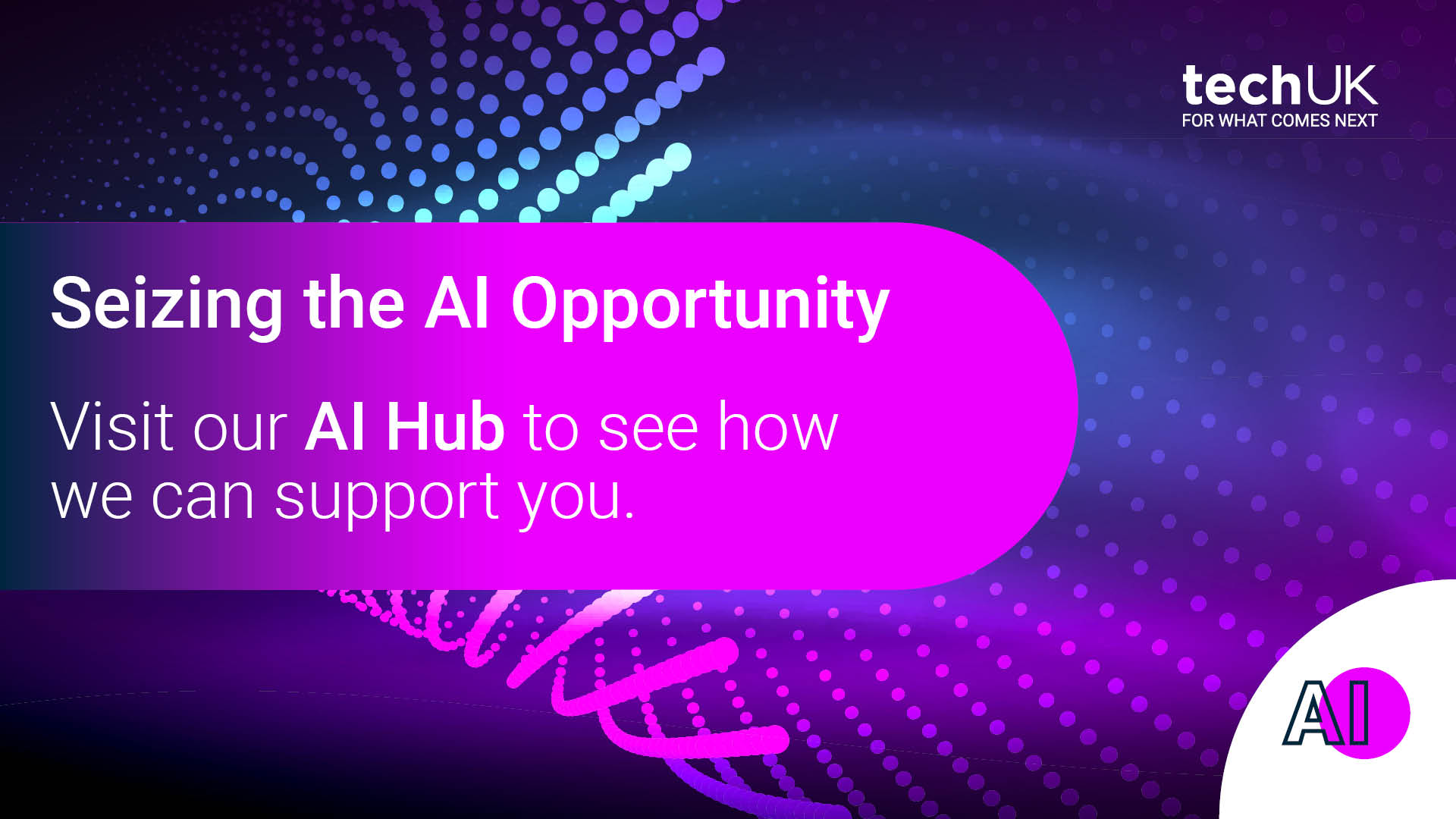From Ethical Imperative to Strategic Advantage
As artificial intelligence (AI) becomes increasingly integral to business operations, decision-making, and customer interactions, a crucial transformation is underway when it comes to its governance: AI assurance is moving from a “nice to have” into a necessity.
What is AI Assurance?
‘Assurance’ originally derived from accountancy, is the process of measuring, evaluating and communicating something about a system or process or a product or an organisation. In the case of AI, AI assurance measures, evaluates and communicates the trustworthiness of AI systems. It includes areas such as transparency around training data, fairness assessments, explainability of outputs, bias mitigation strategies, and ongoing monitoring for performance and risk. Just as financial audits ‘assure’ investors and regulators of a company’s financial integrity, AI assurance provides stakeholders with justified trust in how AI systems function and affect people.
Why now?
The urgency around AI assurance is rising due to several converging factors:
1. Regulatory pressure: With frameworks such as the EU AI Act, the UK’s ISO 42001 standard, and the NIST AI Risk Management Framework in the US., regulatory expectations around AI are becoming clearer. These growing global regulations not only outline ethical principles but demand verifiable action - something only possible with robust assurance practices.
2. Business risk and reputation: Poorly governed AI can introduce real-world harms - biased decisions, opaque processes, or unsafe automation - resulting in regulatory fines, legal challenges, and reputational damage. The Post Office scandal, though not AI, is an easily grasped example of how this can play out only too visibly in the public arena.
3. Market expectations and investor demands: The recent open letter from JPMorganChase's Chief Information Security Officer, Pat Opet, to third-party suppliers outlined new requirements for SaaS delivery models. This landmark communication represented one of the first from a major financial institution to call for comprehensive AI assurance documentation from vendors and suppliers - signalling the dawn of new industry expectations.
4. Business ROI: Recent research by Professor Dennis Hirsch, Director of Data and Governance at The Ohio State University, shows that companies prioritising ethical and responsible AI practices can expect to see clear returns: improved product quality, enhanced brand reputation, increased customer loyalty, and stronger employee satisfaction. (See https://ethicai.net/the-business-case-for-ethical-ai)
Doing the right thing is doing the smart thing
Too often, AI ethics has been seen by business as abstract or philosophical with no real relevance to their AI operations. AI assurance changes that, it aligns ethical aspirations with business realities by operationalising ethical principles – such as fairness, accountability, and transparency - into clear, auditable practices that can be measured, assessed and improved over time.
For companies already investing in AI assurance, the benefits are already tangible as the research shows, from improved product quality to increased customer trust. For those lagging behind, the question isn’t whether they’ll need to adopt ethical AI - but whether they’ll be ready when it becomes mandatory.
At EthicAI, we believe the case for AI assurance is clear:
-
Customers are demanding it.
-
Regulators are moving toward it.
-
Investors are starting to expect it.
-
And forward-looking businesses are already profiting from it.
With the AI assurance ecosystem predicted to contribute over £6.5 billion in GVA to the UK economy over the next decade1, AI assurance really isn’t a luxury - it’s a strategic advantage. It protects your brand, improves your products, retains your customers, and strengthens your culture. The companies that move now - those that build transparent, fair, and accountable AI systems - will lead in trust, loyalty, and market access. Those that delay may find themselves shut out of opportunity.
As the AI landscape evolves, assurance will no longer be optional. It will be the cost of entry - and a catalyst for leadership.
techUK - Seizing the AI Opportunity
For the UK to fully seize the AI opportunity, citizens and businesses must have trust and confidence in AI. techUK and our members champion the development of reliable and safe AI systems that align with the UK’s ethical principles.
AI assurance is central to this mission. Our members engage directly with policy makers, regulators, and industry leaders to influence policy and standards on AI safety and ethics, contributing to a responsible innovation environment. Through these efforts, we help build public trust in AI adoption whilst ensuring our members stay ahead of regulatory developments.
Get involved: techUK runs a busy calendar of activities including events, reports, and insights to demonstrate some of the most significant AI opportunities for the UK. Our AI Hub is where you will find details of all upcoming activity. We also send a monthly AI newsletter which you can subscribe to here.
Upcoming AI events
Latest news and insights
Subscribe to our AI newsletter
AI and Data Analytics updates
Sign-up to our monthly newsletter to get the latest updates and opportunities from our AI and Data Analytics Programme straight to your inbox.
Contact the team
Visit our AI Hub - the home of all our AI content:










